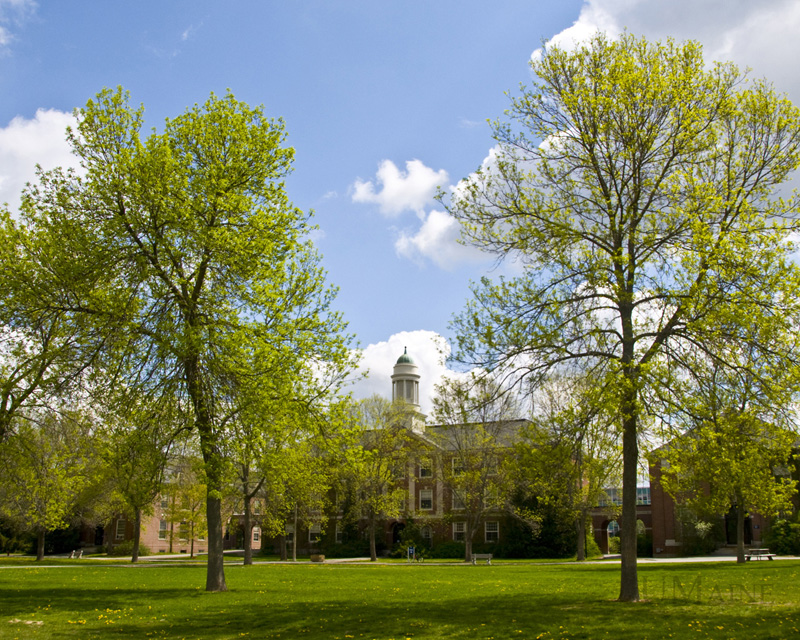It’s impossible to look at the numbers and miss their symmetry. When it comes to the percentage of state residents with education after high school, Maine has the lowest in New England. When it comes to median income, well, that’s the lowest, too.
In this current recession, workers with high school diplomas or less were the most likely to lose their jobs. In the projected recovery, they are the least likely to find new ones.
Post-secondary education has a powerful impact on an individual’s life earnings, which also directly relates to the economic health of the entire state. That’s why it’s one of the key public policy challenges that face Maine and belongs at the forefront of the gubernatorial election.
The Maine Compact for Higher Education is attempting to do just that, with a symposium and candidate forum planned for Tuesday at Unum in Portland. How to integrate higher education with long-term economic development plans is a key challenge for the next governor and should be part of each candidate’s platform.
According to a report issued by the compact, Maine’s challenges are complicated and will require creative solutions. Part of the effort will have to come in the public schools, to better prepare students for higher education. Currently, fewer than half of Maine students meet or exceed state learning standards, resulting in low numbers of kids going on to college.
The next hurdle is affordability. Maine families pay more for higher education as a percentage of income than the national average. That is particularly true for low-income families, making it more difficult for these students to get degrees.
The state has other issues. Maine’s population is aging faster than the rest of the nation’s and the age group that makes up traditional college students is shrinking. That means in order to build a more-educated work force, efforts to bring older workers back into the classroom will be required.
There are no easy answers for these problems. State support of both the university and community college systems is vital, but there is fierce competition for every public dollar spent.
There is also a need for private sector support. It could be something as small as a flexible scheduled that gives an employee enough time to take a class, up to an incentive program in which employers help pay part of the cost. The recent creation of a foundation to support the community college system could also play a key role in expanding opportunity.
Maine’s future depends on our ability to make progress on all fronts on the complex problem. When the gubernatorial candidates offer their solutions, we all should pay attention.
Copy the Story Link
Send questions/comments to the editors.



Success. Please wait for the page to reload. If the page does not reload within 5 seconds, please refresh the page.
Enter your email and password to access comments.
Hi, to comment on stories you must . This profile is in addition to your subscription and website login.
Already have a commenting profile? .
Invalid username/password.
Please check your email to confirm and complete your registration.
Only subscribers are eligible to post comments. Please subscribe or login first for digital access. Here’s why.
Use the form below to reset your password. When you've submitted your account email, we will send an email with a reset code.